If your child is disabled they could be even more vulnerable to the dangers of sexual abuse and exploitation. Up to three or four times greater in fact, with young people with learning or communication difficulties thought to be at particular risk. But there are things you can do to help protect them, and organisations offering help and support.
Why the increased risk?
There are a number of reasons why disabled children and young people may be more at risk:
- They may be isolated, with fewer friends, which means there are fewer people to look out for them, or they may seek friendships with people they don’t know.
- If they are lonely or find it difficult to communicate with the people around them, they may spend more time on the internet, looking for friends. They may be more at risk of talking to people they don’t know or seeking out friendships, and if they find communication cues difficult they may not identify that someone is not who they say they are.
- They may be less independent and not as used to looking after themselves and may be less socially aware.
- Sometimes they’re not always listened to – and, in turn, don’t always expect to be listened to.
- It can be harder for people to imagine disabled people having sexual feelings or wanting sexual relationships. As a result, they might not have had the same sex education as other young people.
- It can be difficult for them to recognise that they are being exploited.
- People may be less likely to believe them – and both they and the abuser may know this.
Protecting your child
To help protect your child from sexual exploitation read our page on keeping your child safe online and have a chat to them about it afterwards. Encourage them to talk to you about what they’re doing online: what games they’re playing, what videos they’re watching and who they’re talking to.
You could also look at these resources from the NSPCC, which help young people with learning disabilities explore topics such as emotions, relationships and identity. The Upstream website also has useful information.
Also, know how to recognise the signs of abuse. That way, if someone does approach your child intent on doing them harm, you might be able to put a stop to things before they get out of hand. Our page on who to contact for help and support lists organisations that can offer advice and help, including NSPCC and Children First. Contact, the charity for families with disabled children, also offer support on a wide range of issues. So remember, you’re not alone.
 Activities & Play
Activities & Play Behaviour
Behaviour Childcare
Childcare Development & Growing Up
Development & Growing Up Family, Friends & Relationships
Family, Friends & Relationships Feeding Your Baby
Feeding Your Baby Food & Eating
Food & Eating Health & Safety
Health & Safety Mental Health & Wellbeing
Mental Health & Wellbeing Money & Work
Money & Work Online Behaviour & Safety
Online Behaviour & Safety Pregnancy & First Days
Pregnancy & First Days School & Education
School & Education Sleep
Sleep

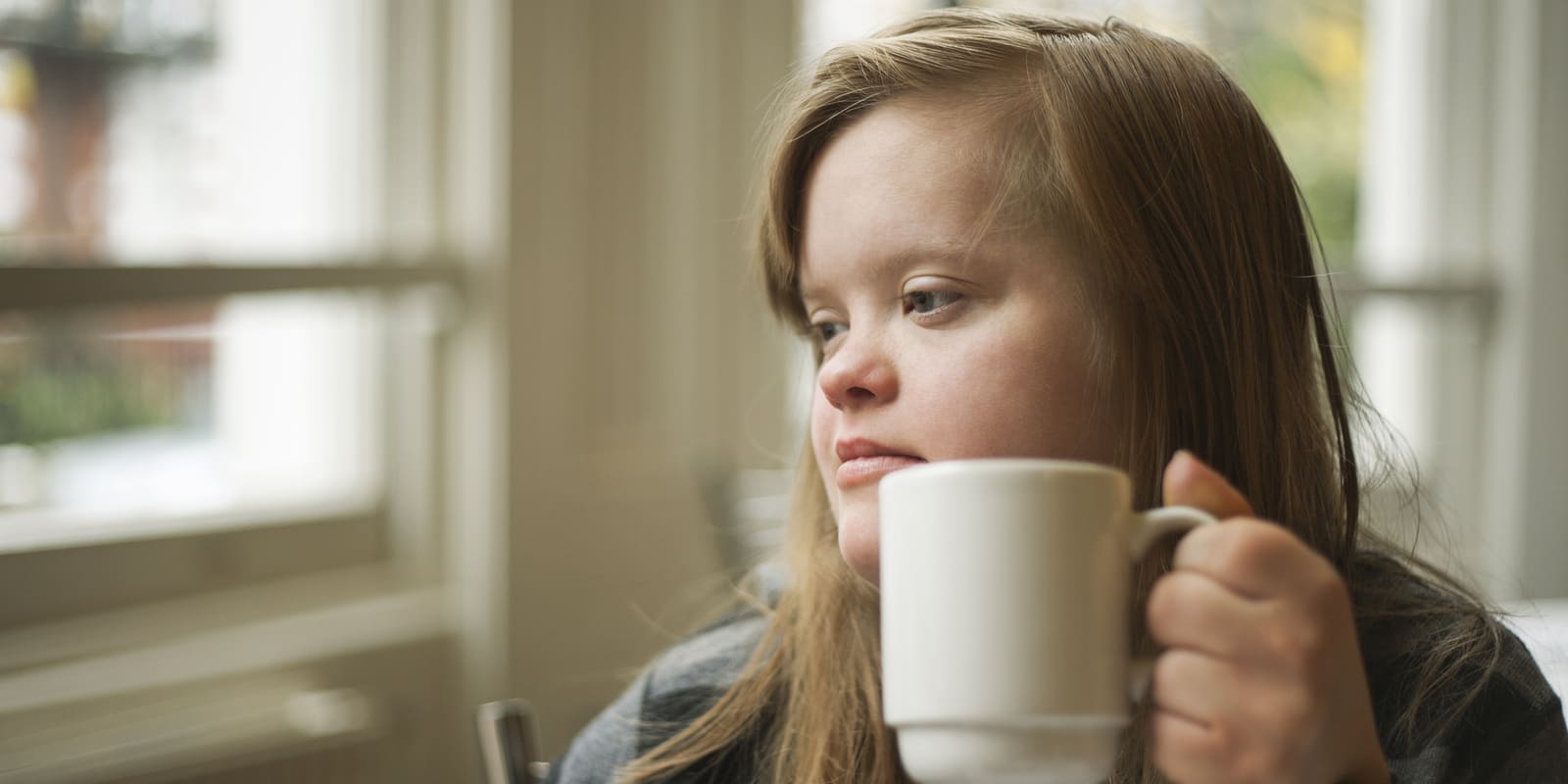
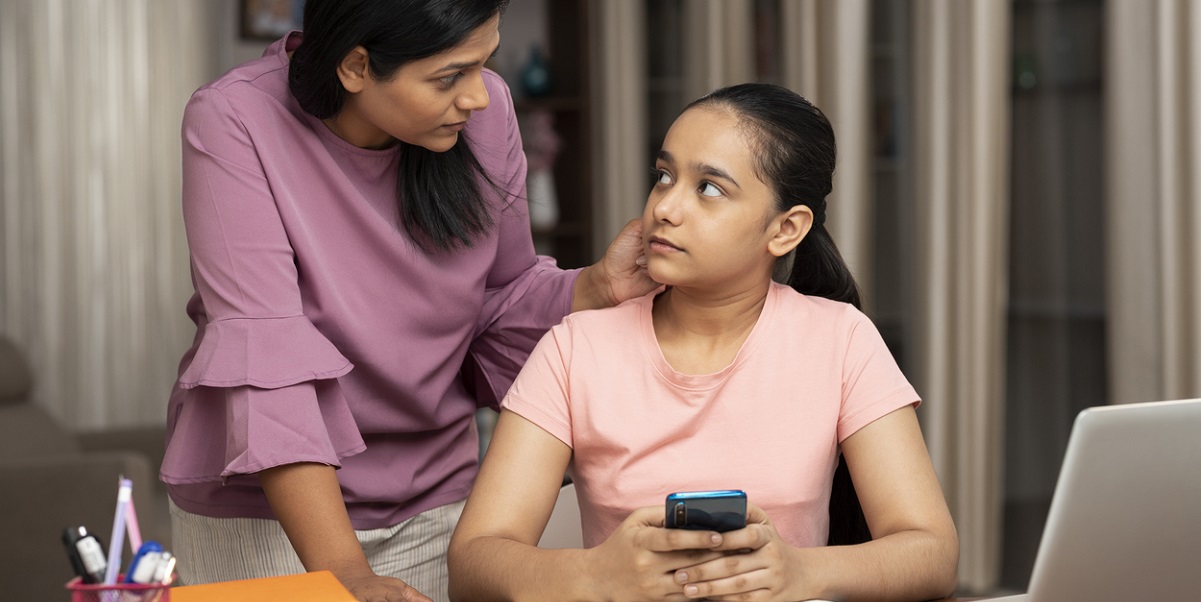
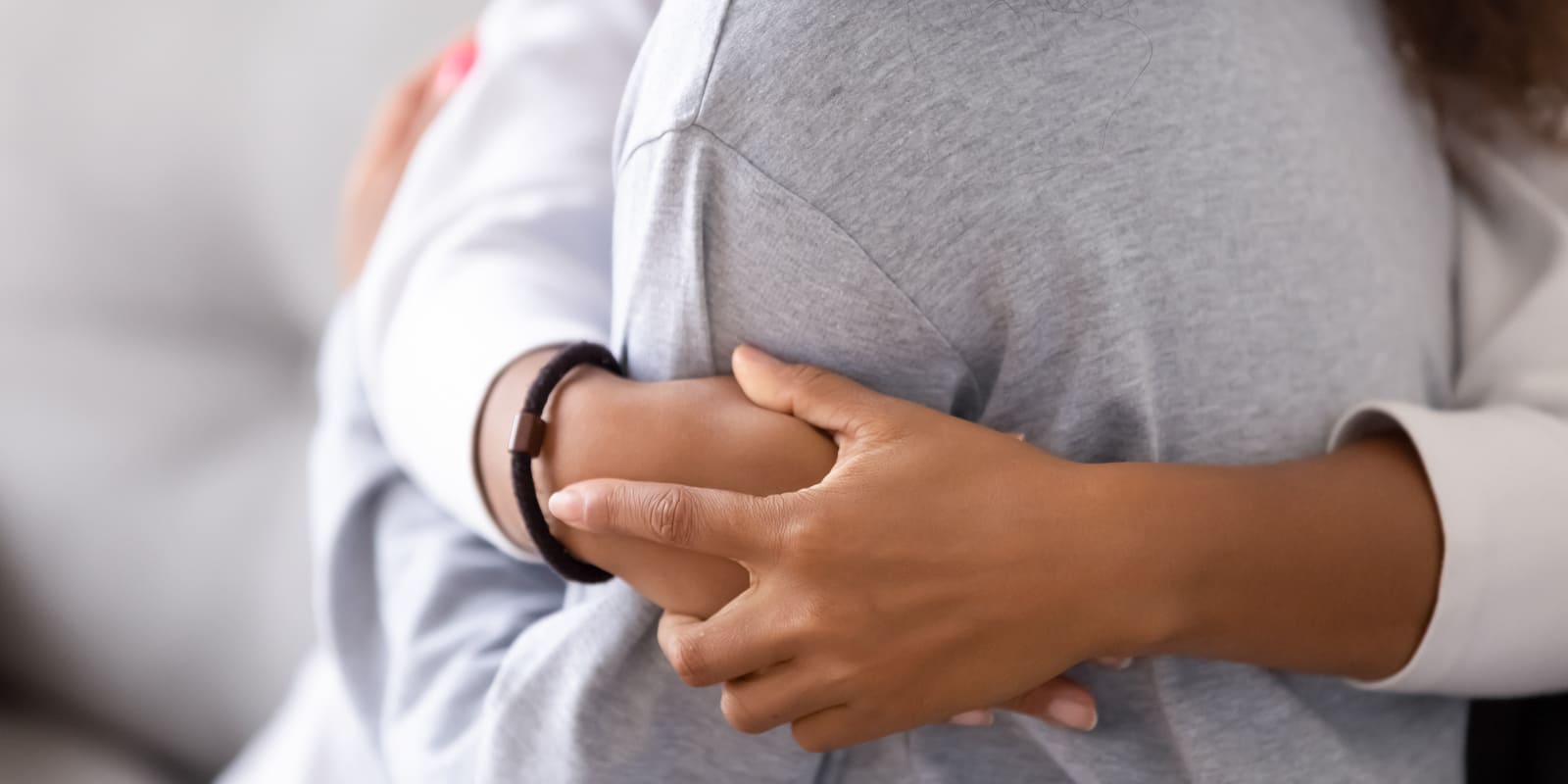
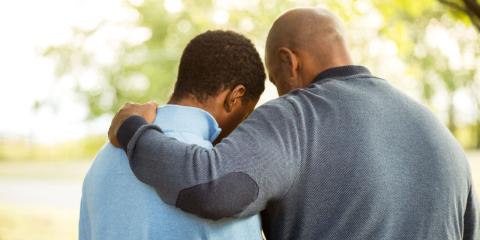
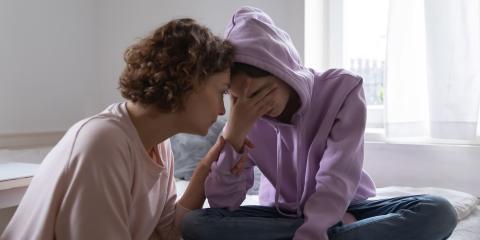
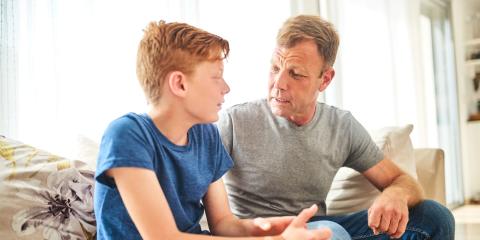
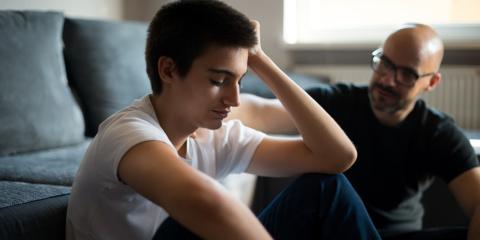
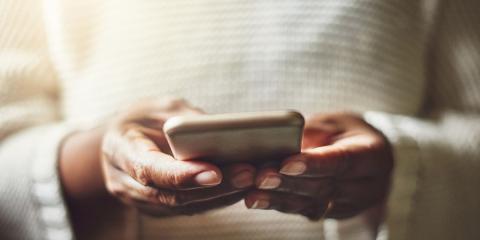
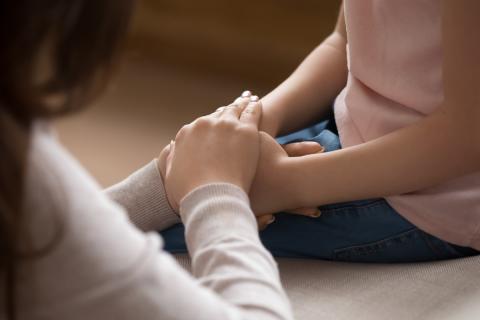
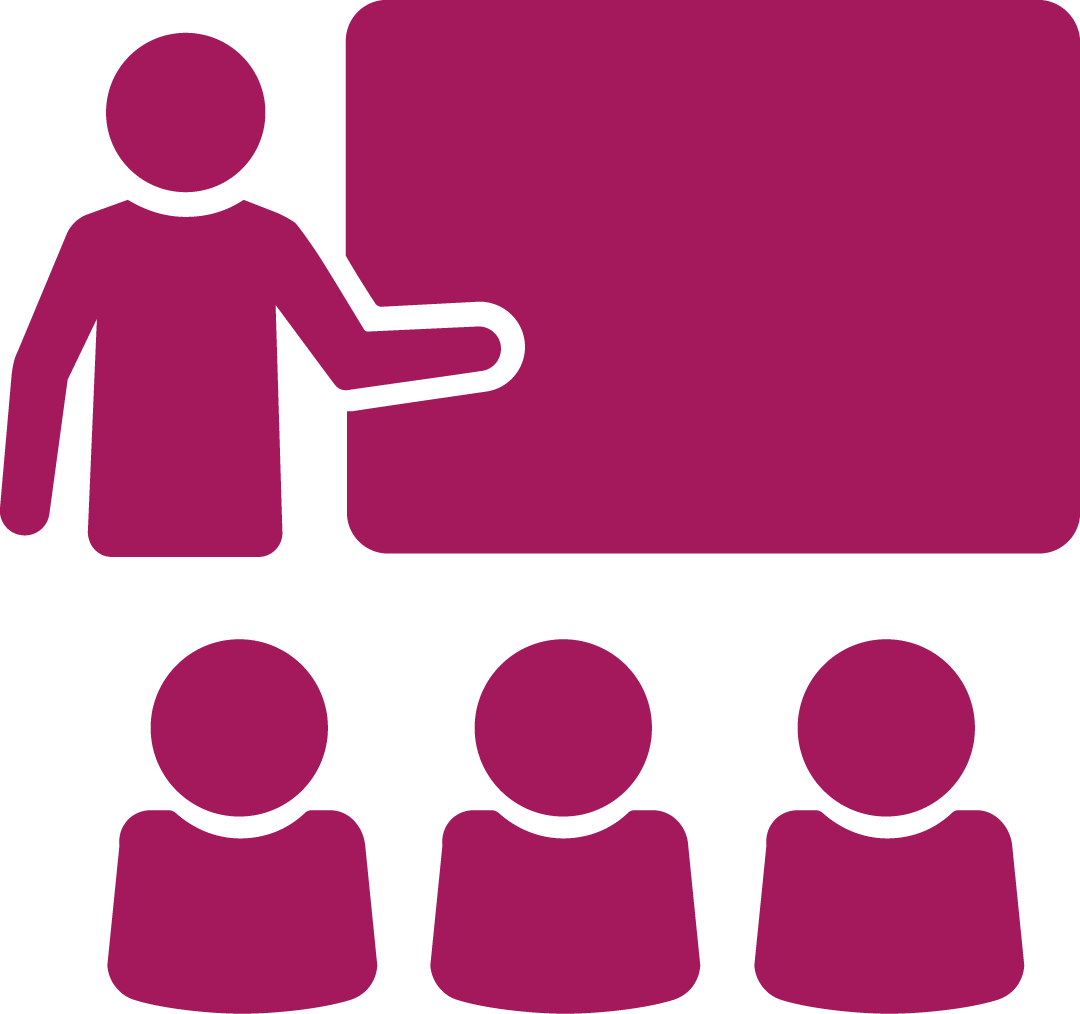 School & Education
School & Education
 Mental Health & Wellbeing
Mental Health & Wellbeing